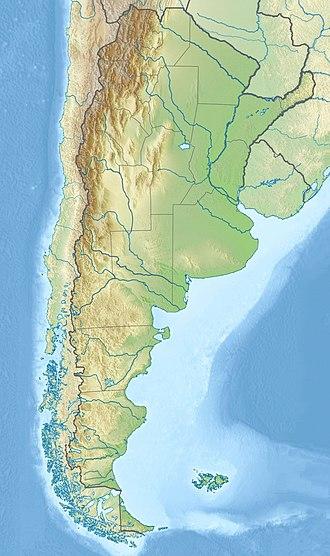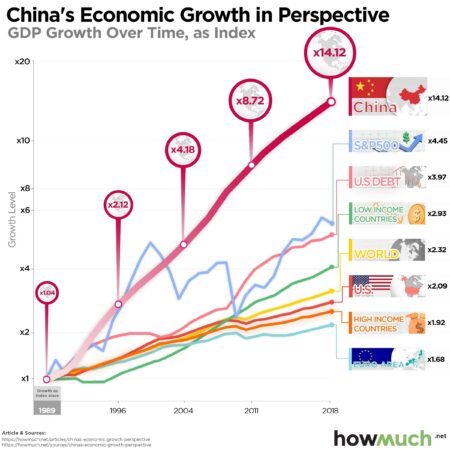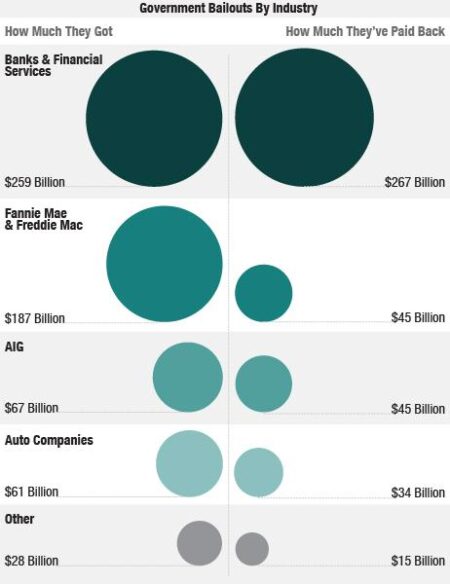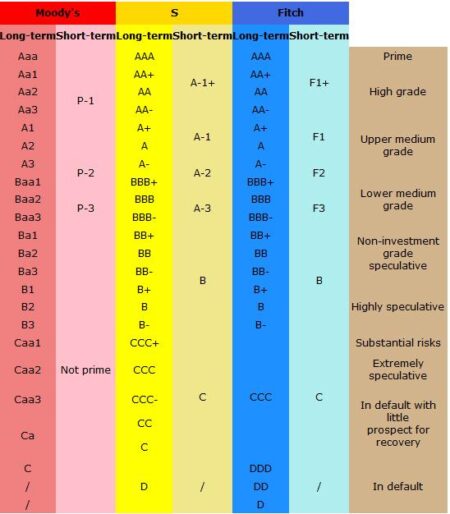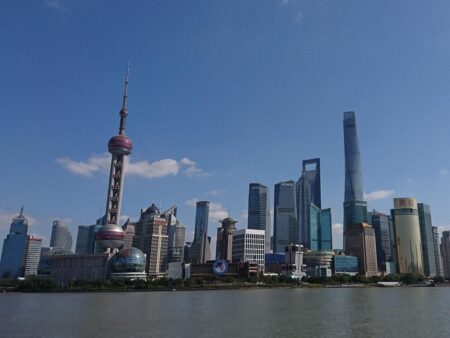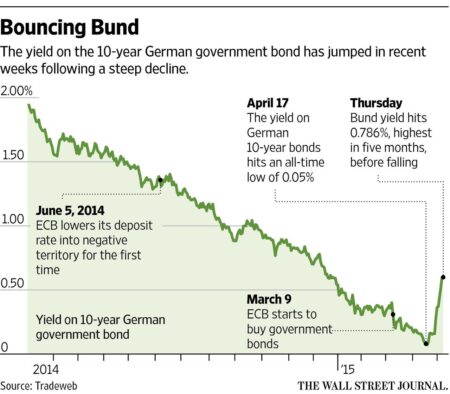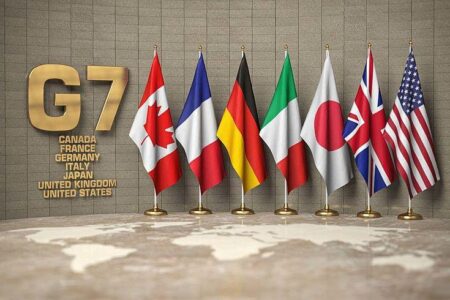Australia’s stable government and robust economy create a gateway to thrilling investment opportunities. Barchart.com highlights a standout trade flourishing in this dynamic market, offering promising potential gains within Australia’s vibrant financial scene
Browsing: economic stability
China’s growing economic might is transforming the global marketplace, igniting worries about trade imbalances, fragile supply chains, and strategic control that are fueling rising tensions worldwide
Japan Finance Minister Katayama emphasized the crucial role of maintaining stable currency movements, highlighting how this stability fuels economic strength and inspires greater investor confidence, during a recent statement to InvestingLive
The Peterson Institute highlights Argentina’s credibility trap, where persistent economic turmoil and constant policy reversals chip away at investor confidence, making it ever harder to achieve stable growth and attract foreign investment
France’s ongoing economic struggles are driven by rigid labor laws, soaring public spending, and fierce political resistance to change. These challenges combine to choke growth and innovation, making it increasingly difficult for the country to maintain its edge in the global arena
China’s economy continues its steady march forward with consistent growth, but beneath the surface, consumer confidence is starting to waver amid persistent uncertainties. Analysts point to cautious spending habits as households grapple with rising costs and increasing pressures from global markets
The U.S. is ramping up financial support for Argentina, signaling that this focused aid is a strategic move-not an indication of widespread economic issues in the region, reports MarketWatch
France is facing a pivotal moment in its credit rating journey, as ongoing political unrest fuels growing concerns about the country’s economic future. Investors and rating agencies remain on edge, scrutinizing every government decision amid escalating uncertainty
China’s economy is caught in a relentless downward spiral, weighed down by slowing growth, soaring debt, and weakening global demand. Experts warn that this dangerous cycle could destabilize the nation and erode China’s power on the world stage
As global uncertainty intensifies, UK Plc’s robust resilience and attractive valuations are drawing keen interest from dealmakers on the hunt for stable investments and unbeatable bargain opportunities, Reuters reports
European markets are experiencing a surge of volatility as political unrest in France and Germany sends ripples of concern through the investment community. With proposed reforms hanging in the balance and government stability under scrutiny, traders across the continent are adopting a more cautious approach.
The International Monetary Fund has unveiled a detailed evaluation of the People’s Republic of China’s financial sector, shining a light on potential systemic risks and proposing vital reforms to enhance stability. These insights emphasize the importance of remaining alert in the face of economic uncertainties.
Argentina’s recent $20 billion financial rescue has sparked crucial discussions about its economic trajectory. Experts are diving deep into pressing topics like debt sustainability, strategies for controlling inflation, and the potential effects on social stability as the nation navigates ongoing challenges.
Amid the rising tensions of the US trade war, China is doubling down on its dedication to maintaining domestic stability. Beijing is not just focusing on economic support; it’s actively championing resilience in the face of external challenges, all while striving to boost public confidence in its future.
France has raised a red flag, cautioning that dismissing Federal Reserve Chair Jerome Powell could spell trouble for the U.S. dollar and shake up the economy. French economic officials warn that this drastic step might undermine market confidence and trigger financial upheaval.
In a bold and strategic maneuver to sidestep looming trade tensions, Japan is actively forging stronger ties with China, highlighting the importance of collaboration in economic affairs. At the same time, Japanese politician Shigeru Ishiba has stepped forward with a resolute promise to resist any pressures from the Trump administration, determined to protect Japan’s interests amid an unpredictable trade environment.
Central bank deputies from China, Japan, and South Korea convened to discuss the implications of U.S. tariffs on their economies. The meeting, reported by Reuters, highlights growing concerns over trade tensions and their potential impact on regional stability.
In a flight to safety amid global economic uncertainty, investors are increasingly turning to German government bonds. With their reputation for stability, these bonds offer a refuge from market volatility, reflecting growing concerns over inflation and geopolitical tensions.
In recent discussions, Canada, the current G7 chair, engaged with Japan and the European Union to address concerns over market stability. The talks focused on collaborative strategies to bolster economic resilience amid global uncertainties, signaling a unified approach.
France has put forward proposals to reform the European Union’s carbon market, aiming to enhance stability and drive more effective emissions reductions. The changes seek to address market volatility and ensure a more predictable framework for businesses.




